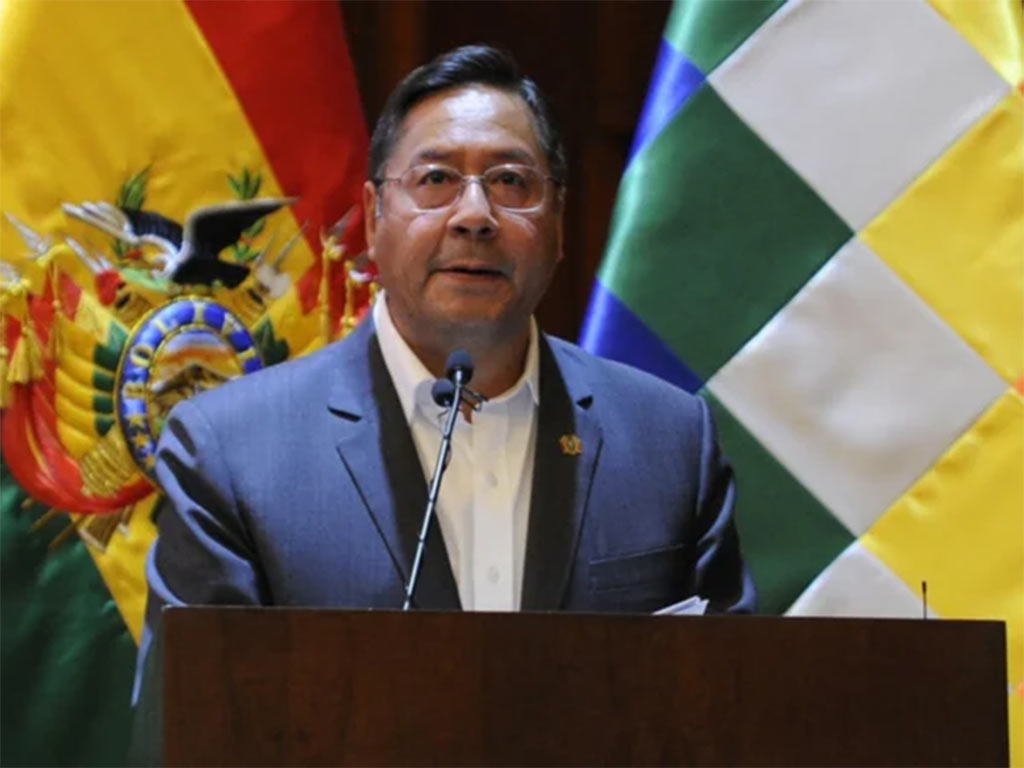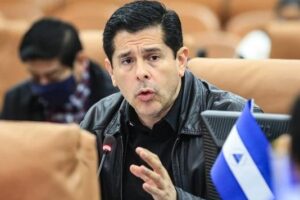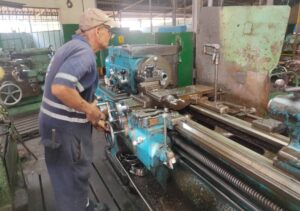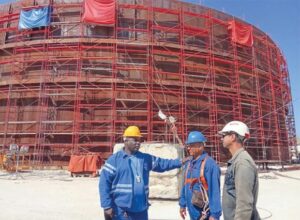Bolivians can today be assured that President Luis Arce’s recent participation in the summits of the Southern Common Market (Mercosur) and BRICS has reinforced the country’s international presence.
During a press conference at the Casa Grande del Pueblo (government headquarters), the president emphasised that the New Development Bank of BRICS (Brazil, Russia, India, China, and South Africa) has begun prioritising financing for industrialisation processes, opening significant opportunities for Bolivia.
«This is a relevant development (…). Our country, through our government, has emphasised and focused on the industrialisation Bolivia must undergo (…),» stated the dignitary.
Arce added that this is not a peripheral issue on the international agenda, to the extent that the BRICS New Development Bank is precisely considering financing for industrialisation.
«We were the ones who drove industrialisation, we are the ones consolidating this process nationally, and we wish this legacy to endure permanently as a state policy,» he affirmed.
He noted that BRICS represents 40% of the global population, 37 percentage points of global GDP, 24 out of every 100 units of international trade, and 44% of the world’s oil production.
He described Bolivia’s participation in two sessions at the bloc’s summit in Rio de Janeiro: one on economy, multilateralism, and artificial intelligence, and another focused on the environment and global health.
He also valued the inclusion of the Civil Council within the BRICS bloc, which brings together social organisations from various countries – participating for the first time – alongside female entrepreneurs, who had their own representation.
Regarding the economy, he reiterated Bolivia’s proposal to eliminate dependence on credit rating agencies like Moody’s and Standard & Poor’s, citing doubts about their reliability. He further asserted these firms evaluate and rate using criteria «more political than economic.»
Referring to South America, Arce highlighted Bolivia’s participation as a full member of Mercosur for the second time.
«We proposed that Bolivia could become the hinge to unify the two integration processes in the region,» he said, referencing the Andean Community of Nations and Mercosur – blocs to which Bolivia belongs simultaneously.
In his view, there was fundamental progress in both bilateral negotiations and multilateral ones through the BRICS bloc. He stressed that these outcomes should be known by the populace to understand Bolivia’s positioning in the new international order.




